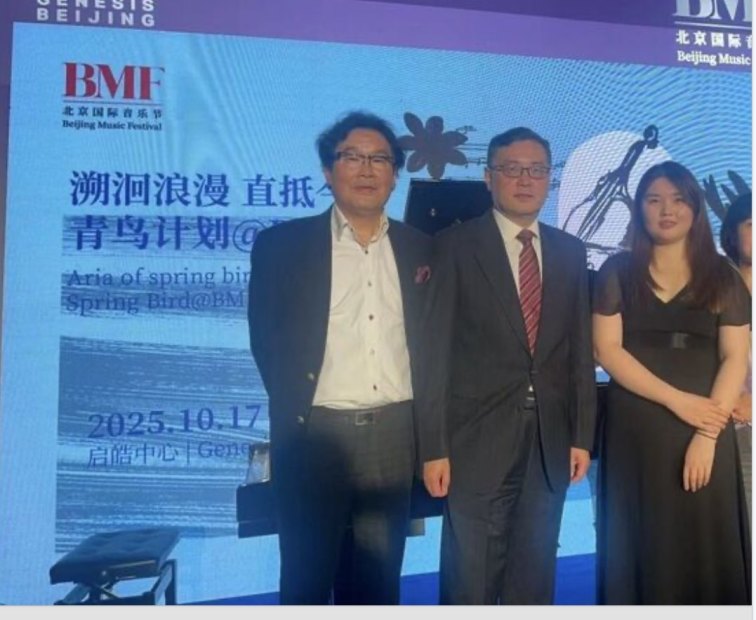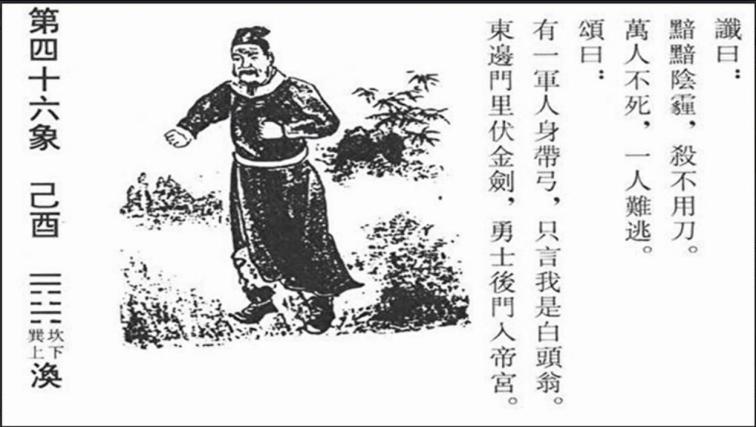Zhang Youxia counterstrikes against Xi Jinping (People News illustration)
[People News] The Chinese Communist Party’s Fourth Plenary Session convenes today (October 20). Although the CCP officially claims that the meeting will focus on the “15th Five-Year Plan,” external observers are paying close attention to potential personnel changes—particularly those involving Xi Jinping and other top power holders.
Former naval staff officer Yao Cheng revealed several hours before the session that Xi Jinping will resign as Chairman of the Central Military Commission (CMC), to be succeeded by Vice Chairman Zhang Youxia. Hu Chunhua will be promoted to Vice President of the State and concurrently serve as Vice Chairman of the CMC. Independent commentator Cai Shenkun said that if the news is true, Xi—having lost control of the military—will likely not be able to retain his positions as General Secretary and State President.
Early on October 20 (Beijing time), around 8:00 a.m., Yao Cheng shared in his program an updated list of CMC members. The information first stated that Xi Jinping will step down as CMC Chairman, with Zhang Youxia taking over.
Yao analyzed that the military has placed tremendous pressure on Xi, and Xi himself understands that if he continues as CMC Chairman, the military’s widespread resentment toward him would render him unable to command it, directly threatening the CCP’s regime stability. Therefore, Yao believes that Xi would rather tactically resign, hoping to strike a deal with the anti-Xi faction to preserve his roles as General Secretary and State President.
The report further claimed that Hu Chunhua will concurrently serve as Vice Chairman of the CMC, and that Liu Zhenli, the former Chief of the CMC Joint Staff Department, will also be promoted to Vice Chairman. Two years later, both Xi Jinping and Zhang Youxia will retire, and Hu Chunhua will assume the roles of General Secretary and CMC Chairman.
Yao said that since Hu Chunhua has no military background, Zhang Youxia will “escort” him, giving Hu two years as Vice Chairman to gain experience and prepare for succession.
Yao noted that his information comes from within the military. Though it remains unverified rumor, the possibility cannot be ruled out—Xi’s loss of power begins with the loss of military control.
Additional information revealed that Zhang Shengmin, Secretary of the CMC Discipline Inspection Commission, will replace Miao Hua as Director of the CMC Political Work Department. Air Force Commander Chang Dingqiu will be promoted to Chief of the Joint Staff Department. Admiral Wang Renhua will be promoted to CMC Discipline Inspection Secretary and CMC member. Meanwhile, Defense Minister Dong Jun will also enter the CMC as a member. Reportedly, during the handling of Miao Hua’s case, Dong Jun distanced himself from Miao, which helped him stay in favor.
The new seven members of the CMC are: Zhang Youxia, Liu Zhenli, Zhang Shengmin, Chang Dingqiu, Wang Renhua, and Dong Jun.
Among them, Zhang Youxia and Liu Zhenli come from the Army; Zhang Shengmin from the Rocket Force; Chang Dingqiu from the Air Force; and Dong Jun and Wang Renhua from the Navy—covering all four major service branches.
Hu Chunhua will serve as Vice President of the State and concurrently Vice Chairman of the CMC—the same dual role once designated for Xi when he was groomed as a successor.
Yao believes that as CMC Chairman, Zhang Youxia will steer the army’s development and lead military reforms before handing over power in two years. Day-to-day operations will be managed by Liu Zhenli, ensuring stability and avoiding chaos within the military.
As for the vacancies in the leadership of the Navy, Army, and Rocket Force—as well as the positions of commanders and political commissars in the five theater commands—these will be finalized later at the expanded CMC meeting following the Fourth Plenary Session.
Historically, there is precedent for CMC leadership changes during a Fourth Plenary Session. From September 16 to 19, 2004, at the 16th CCP Central Committee’s Fourth Plenary Session in Beijing, the agenda included Hu Jintao’s work report on behalf of the Politburo, the adoption of the “Decision of the CCP Central Committee on Strengthening the Party’s Governance Capacity,” and major adjustments to the CMC composition—Hu Jintao succeeded Jiang Zemin as CMC Chairman, while Xu Caihou was promoted to CMC Vice Chairman.
Cai Shenkun commented that if the current news is true, the Fourth Plenary Session will stage major political drama and will not be the “united meeting” the CCP claims. Xi’s removal as CMC Chairman would mean that he will soon lose his General Secretary and State President positions as well.
Additionally, scholar Liu Junning posted on X on October 19, outlining three possible outcomes for the Fourth Plenary Session:
-
The CMC Chairman wins completely; the CMC First Vice Chairman retires due to age.
-
The CMC First Vice Chairman wins; the Chairman retires citing health reasons.
-
“Overtime play”—the decision is postponed until the Fifth Plenary Session or the 21st Party Congress.
Liu stated there is unlikely to be a fourth possibility—on-the-spot arrests are excluded since such events have never occurred in CCP history. He added that if other scenarios arise, they are welcome to be discussed. “The order doesn’t matter; different camps have different expectations,” he noted.
Responding to Liu’s post, Cai Shenkun analyzed that if neither faction prevails now and the outcome is delayed until the 21st Party Congress two years later, the eventual victor remains unpredictable.
However, others argue the opposite—that Xi’s ability to frequently reshuffle or purge top generals without triggering institutional backlash actually demonstrates the strength, not weakness, of his rule.
Ultimately, under the CCP’s opaque political system, which version of the script the Fourth Plenary Session will play out remains entirely unpredictable.
△











News magazine bootstrap themes!
I like this themes, fast loading and look profesional
Thank you Carlos!
You're welcome!
Please support me with give positive rating!
Yes Sure!